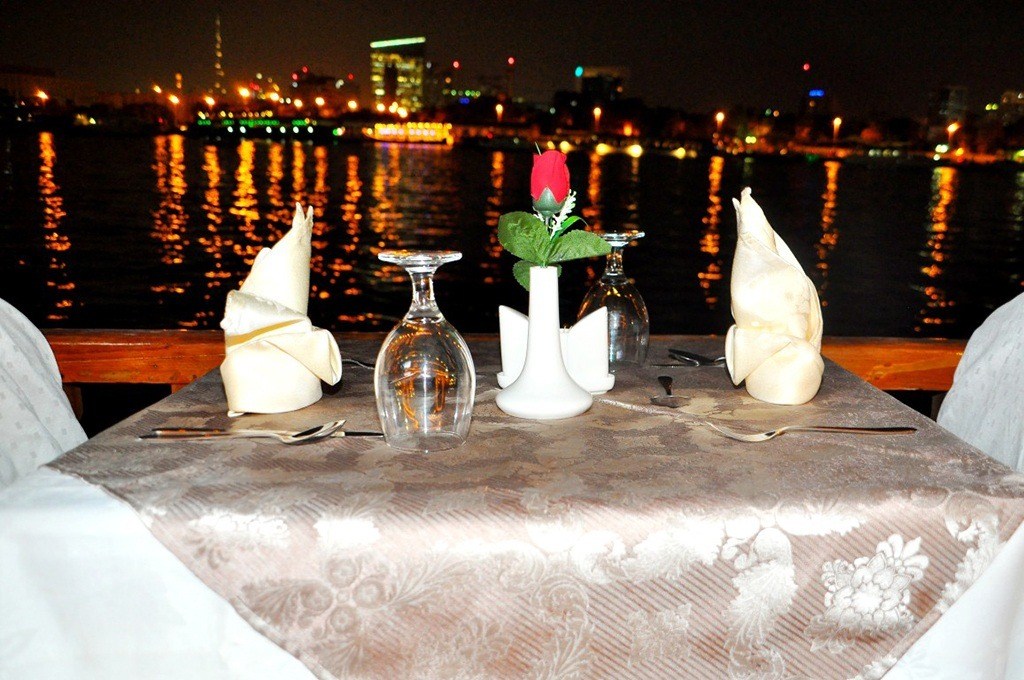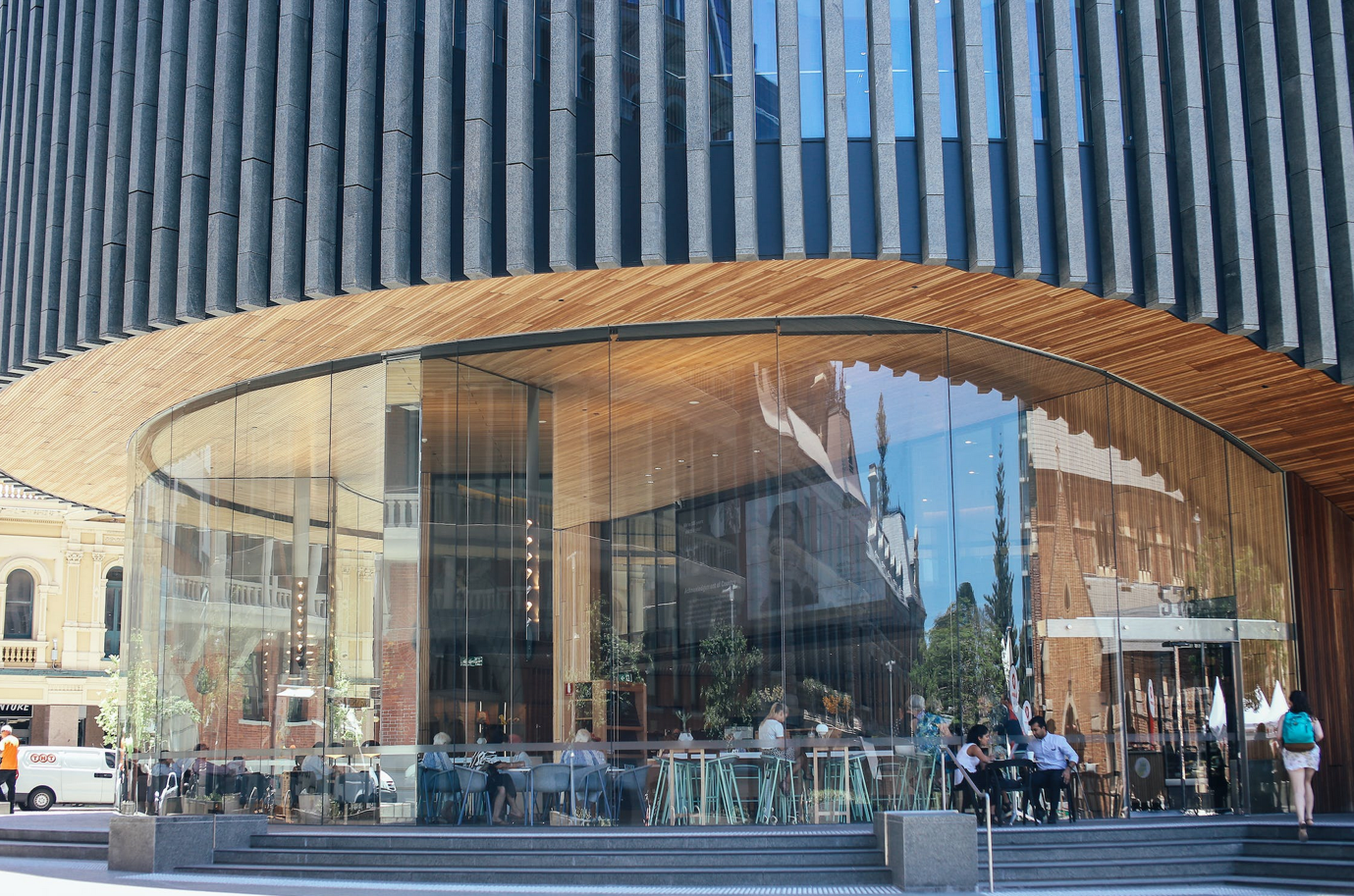Table Of Contents
The mercury normally would hover around 31°C or 32°C in Dubai between May and August. However, the desert winds push the temperatures further, taking them beyond 40°C to 50°C for days together. Dubai’s extreme heat conditions, especially in the summer months, are mainly because of its geographic location. The Tropic of Cancer and the Arabian Desert is in close proximity, with the humidity of the Persian Gulf making things even worse.
You need to be physically healthy to beat the heat in Dubai. Thankfully, there are ways to keep the body and the mind fit and fine even with the oppressive heat conditions.
Top ways to keep yourself healthy in the extreme weather of Dubai
Focus on what you eat and drink.
This is pretty simple. It is essentially crucial to pay attention to what you eat and drink with the rising mercury. Not sure what to eat or cook when the outdoor temperature is soaring? If you follow a hectic lifestyle or need to spend more time with the family instead of the kitchen, you can opt for nutrition-based healthy meal plans in Dubai.
Quite a few leading names from the meal plan industry offer customized plans delivered to your doorstep as per your preferences and dietary choices. Here’s a guide on how to choose the correct meal kit services for you.
As per experts, starting May till August, you should eat food with higher water content levels. Consider opting for soups, fruits, and vegetables for optimal health. These are the fruits and vegetables recommended during summer due to their high water content. The percentage of the water content has been mentioned in the bracket:
- Fruits like watermelon (92%), mangoes (83%), blueberries (84%), pineapple (86%), oranges (87%), papaya (88%), cantaloupe (90%), strawberries (91%), and grapefruit (91%) are the perfect options.
- Vegetables like tomatoes (94%), cucumber (96%), beans (89%), bell peppers (92%), eggplant (92%), sweet potato (77%), and more should be considered.
Don’ts
- Avoid dehydration.
- Reduce salt consumption to avoid dehydration.
- Avoid fried items, snacks, appetizers, processed, fatty and spicy food.
- Avoid food that is loaded with calories and causes bloating.
- Avoid sugar-laced food, even fresh juices.
- Switch to fruits and abandon the desserts if you have a sweet tooth.
Do’s
- Go light on your diet.
- Eat smaller portions but more often.
- Make sure your meals contain half a portion of veggies, cooked or raw, one-fourth proteins, and the remaining one-fourth carbs.
- Begin your meal with cold salads. Here is why the acacia bowl is the perfect summer treat.
- Consume water between two to three liters daily. Keep a bottle of water handy, and resist the temptation to have coffee, tea, and soft or hard drinks.
- Reach out for electrolytes or even sports drinks to tackle salt imbalances in the body.
Sleep
Heated conditions outdoors can impact the sleep quality in summers. Rising temperatures can make it extremely challenging for you to sleep, even at night. Hence, it is imperative not just to try and stay indoors but also to create a comfortable ambiance around you, especially during sleeping hours.
Do’s
- Ensure that the air-conditioning is serviced and running to its optimal capacity and you must also learn how to avoid your ac blowing warm air.
- If possible, have a shower with lukewarm water before going to bed.
- Mist spray your face and hands, soak your feet in the water, use ice packs, etc., to help regulate the body temperature.
Activity and workouts
The blazing sun outdoors with increasing humidity levels does not mean that you have to give up your outdoor activities or fitness regimes. Continue with the same but take care of your comfort levels. Remember that spending too much time outdoors in this heat can stress your heart and brain with fatal consequences.
Do’s
- If you are exercising outdoors, remember to use ice packs to cool the body temperature. You can also use cold water to cool your wrists and hands and splash it onto your face.
- Workout indoors, but first acclimatize to the conditions indoors.
- Go easy on your workout indoors, giving the body time to adjust to the indoor temperature and ambiance.
- Schedule your fitness regime for early morning or late evening if you need to work outdoors.
Don’ts
- At all costs, avoid taking a shower in cold water. Use regular or tepid warm water for your daily bath.
- Need to go outdoors? It is best to stay put indoors for at least three hours before and after the afternoon sun.
Miscellaneous things impacting your health during the dreary summer season.
What to wear and what not?
Another crucial way of keeping yourself cool and healthy in this raging heat is the dress/fabric you choose to wear.
Do’s
- You should prefer to wear cotton & linen clothes that are comfortable for your Best Desert Safari Dubai tour and other outdoor activities.
- Choose a lightweight and breathable fabric that does not tend to stick to the body’s sweat.
- Also, ensure that the clothes, while respectful of the local culture, are loose and not tight-fitting.
- Wear sunscreen that is effective in this weather condition.
- Use a hat that protects your hair and scalp from the torturing sun.
- The other important thing not to forget is putting on your sunglasses when going out to safeguard the eyes from the UV rays.
Looking out for symptoms of dehydration, heatstroke, or exhaustion
These are the signs that warn you about a potential heatstroke, heat exhaustion, and dehydration. Please consult with licensed medical practitioners immediately when you notice these symptoms.
- The color of urine is a significant indicator. Dark-colored urine indicates dehydration.
- If you feel your muscles are cramped, it could indicate heat exhaustion.
- Similarly, throbbing headaches, vomiting, nausea, and giddiness are other signs of heat exhaustion.
- Fainting, confusion, a feeling of disorientation, rapid and shallow breathing, seizure, red skin, etc., are other signs to look out for.
Wrapping up
Dubai is scorching hot in summer, and even during winters, when you expect things to cool down, the weather is upbeat at an average of 25°C. With the right food, proper sleep, well-planned outdoor time, and attention to other details like dressing, etc., you can stay healthy and fit.






